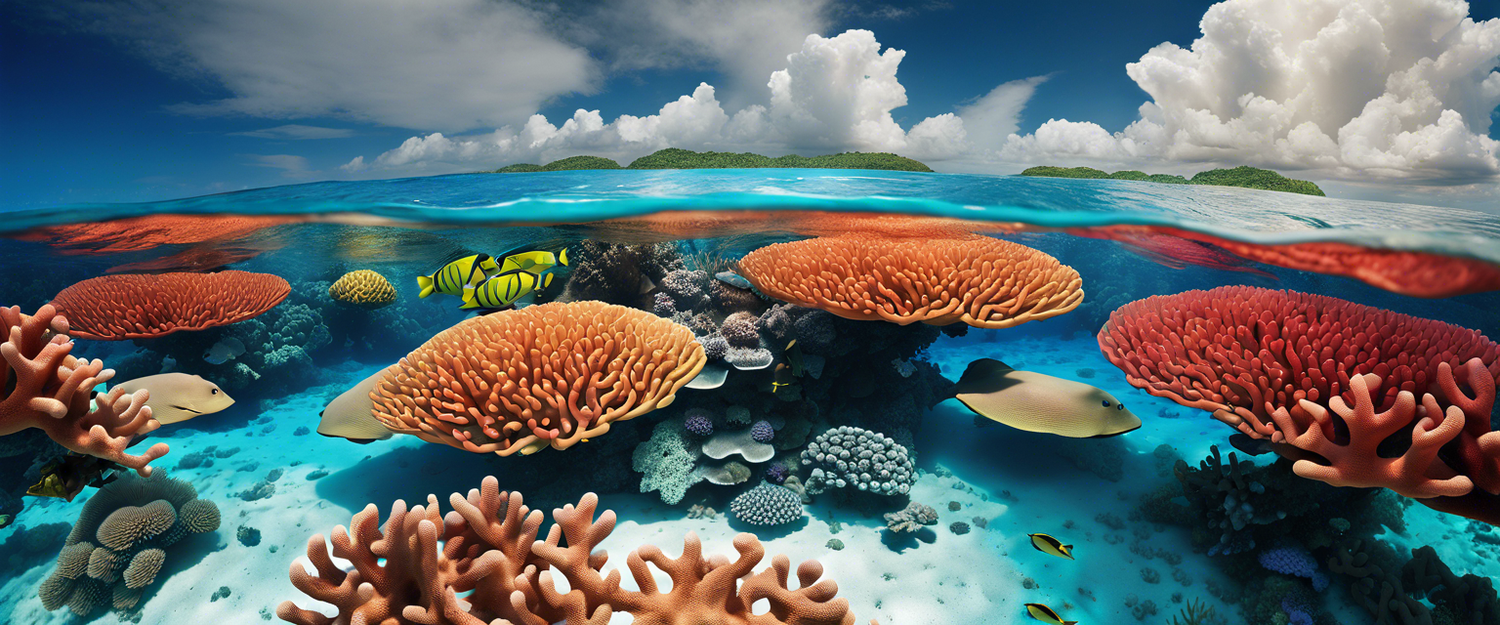The Great Barrier Reef: A Call to Action Against Climate Change
The Great Barrier Reef, a UNESCO World Heritage site and one of Earth's natural wonders, faces unprecedented threats due to climate change. Recent research published in Nature highlights alarming trends, showing that the reef and surrounding waters have experienced hotter temperatures over the past decade than they have in at least 400 years.
Temperature Variations and Coral Bleaching
Lead author Benjamin Henley from the University of Melbourne emphasizes the urgent situation, stating, "The reef is in danger, and if we don't divert from our current course, our generation will likely witness the demise of one of Earth’s great natural wonders." The corals, which secrete calcium carbonate skeletons, create a complex ecosystem that has thrived for centuries. However, escalating temperatures correlate with increased coral bleaching events, where corals expel the algae necessary for their survival.
A Deeper Dive into Historical Data
To understand the extent of this ecological crisis, researchers utilized coral skeleton cores that act like tree rings, revealing historical temperature data over centuries. By examining strontium and calcium ratios alongside oxygen isotopes, the study reconstructed temperatures back to the 1600s. This analysis revealed shocking peaks in temperature during recent years:
- 2024: 1.73 degrees Celsius above the 1618-1899 average
- 2020: Near the highest recorded temperatures
- 2017: A significant rise as well
Historically, the coral cores showed minimal stress bands before 1980, indicating that mass bleaching events were uncommon.
The Impact of Global Warming
The implications of this research are dire. Global warming is projected to raise temperatures by 2 to 3 degrees Celsius by the end of the century if current fossil fuel use continues. Previous studies indicate this level of warming could lead to a staggering 99 percent of coral reefs facing extinction.
A Year of Bleaching Events
The current year has marked the fourth global coral bleaching event recorded, which has devastated reefs worldwide. Efforts to relocate coral nurseries to safe locations are intensifying in order to mitigate the impact. With the increasing frequency of these stress events, there is a pressing need for immediate action.
Hope for Survival
Despite the challenges, marine scientists remain hopeful. They suggest that some coral species may adapt to warmer conditions, potentially ensuring the survival of the reefs, albeit less diverse than before. Ove Hoegh-Guldberg, a prominent marine studies professor, states, "Every fraction of a degree of global warming that we can avoid by transitioning to clean energy can make a difference for the world’s coral reefs."
Call to Action
To protect the Great Barrier Reef and similar ecosystems, it is essential to take rapid action on greenhouse gas emissions and support corals with a better chance of surviving climate change. Henley concludes, "If we take the right level of action on greenhouse gases, then we will set us up for a future with coral reefs."
Conclusion
The future of the Great Barrier Reef hinges on our collective response to climate change. By promoting renewable energy, reducing fossil fuel dependency, and implementing conservation efforts, we can still hope to preserve this irreplaceable ecosystem for generations to come.



Yorum yazın
Tüm yorumlar yayınlanmadan önce incelenir.
Bu site hCaptcha ile korunuyor. Ayrıca bu site için hCaptcha Gizlilik Politikası ve Hizmet Şartları geçerlidir.